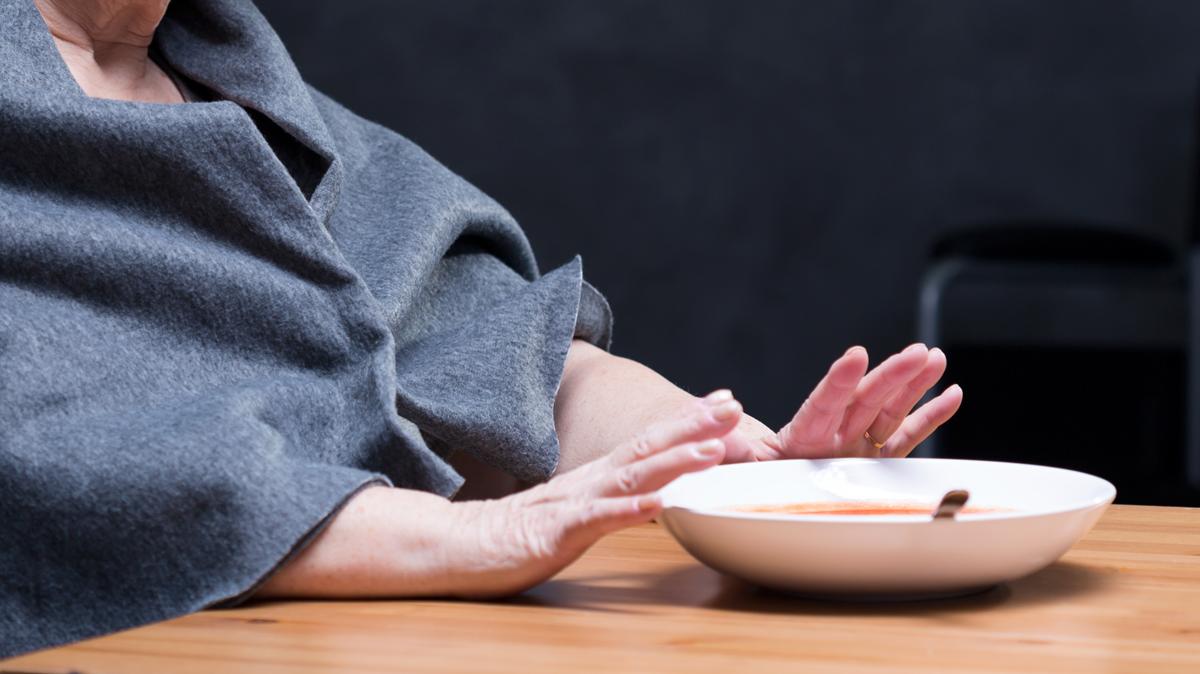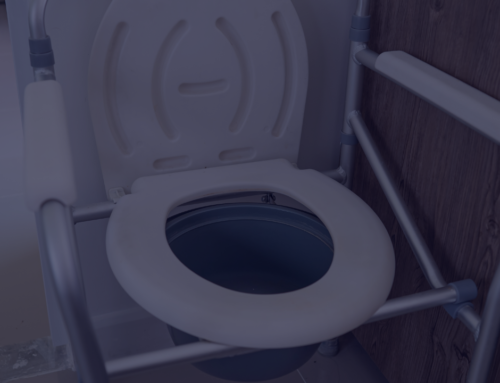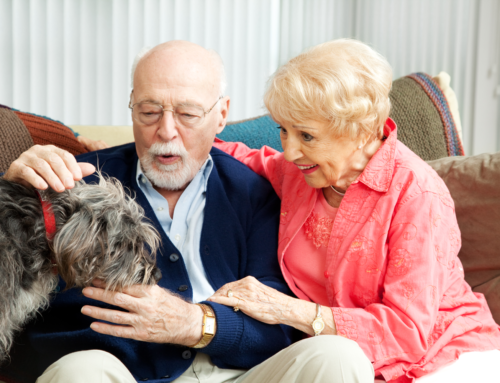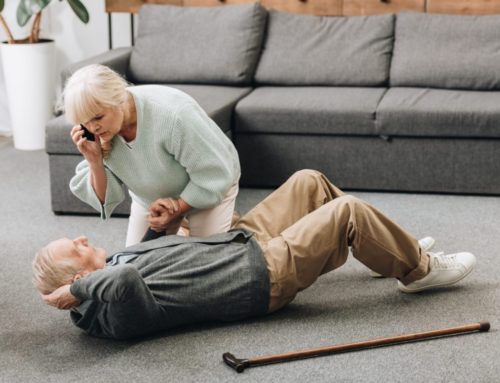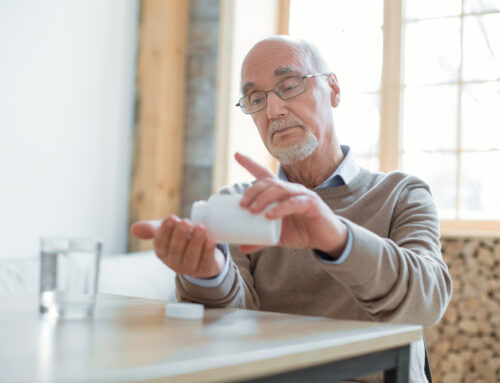Seniors often experience a loss of appetite. It is natural to burn fewer calories as we age and see a decrease in appetite. However, it is essential that older adults do not fall into malnutrition.
Caregivers might notice seniors increase hostility at mealtime for a variety of reasons. The older adult might have dental issues, difficulty chewing, lack of energy, side effects of medication or an illness contributing to their loss of hunger.
We put other ten tips to help family members and caregivers ensure their loved one eats well.
Set A Meal Time
Older adults often benefit from a routine. Creating a set meal time can make it easier to get seniors to the table.
Quality Not Quantity of Food
If it is already difficult to get an older adult to eat, it is important that what they choose is packed with nutrients. For example, broccoli is much beneficial than a slice of bread!
Eat with Them
Older adults experience loneliness due to loved ones passing and children being out of the home. Cooking for one can contribute to a loss of appetite. Focus less on what they are eating and more on enjoying your time together.
Meal Prep
Many older adults do not like feeling dependent on others. Invite them to prep the meal with you. They may be able to teach you something!
Increase Exercise
The more active we are, the more calories we burn, triggering our brain to increase appetite.
Small Meals
Large meals can feel overwhelming to seniors. Keep portions small. If they finish their meal, increase portion size the next time around.
Fewer New Foods
Taste buds change as age. However, seniors are unlikely to like a food they never appreciated in the past. Stick with foods you know they are likely to enjoy and eat.
Supplement with Drinks and Vitamins
Sometimes seniors just will not want to eat. Encourage your loved one to drink a meal replacement shake like Ensure. Regular vitamins are also important.
Soft Easy Chew Foods
Seniors with dental, mouth or swallowing issues might experience pain when eating. Find foods that take less effort to eat and are low in acid levels.
See A Doctor
There may be a medical reason your loved one has lost their appetite. It is crucial to involve a doctor before they are malnourished.
Weight loss can be a sign that it is time for home care. Home care provides the medical attention your loved one needs to thrive as they age.

